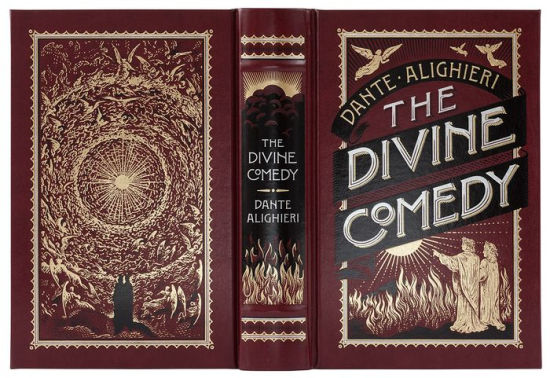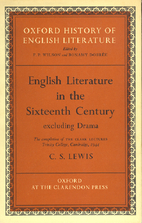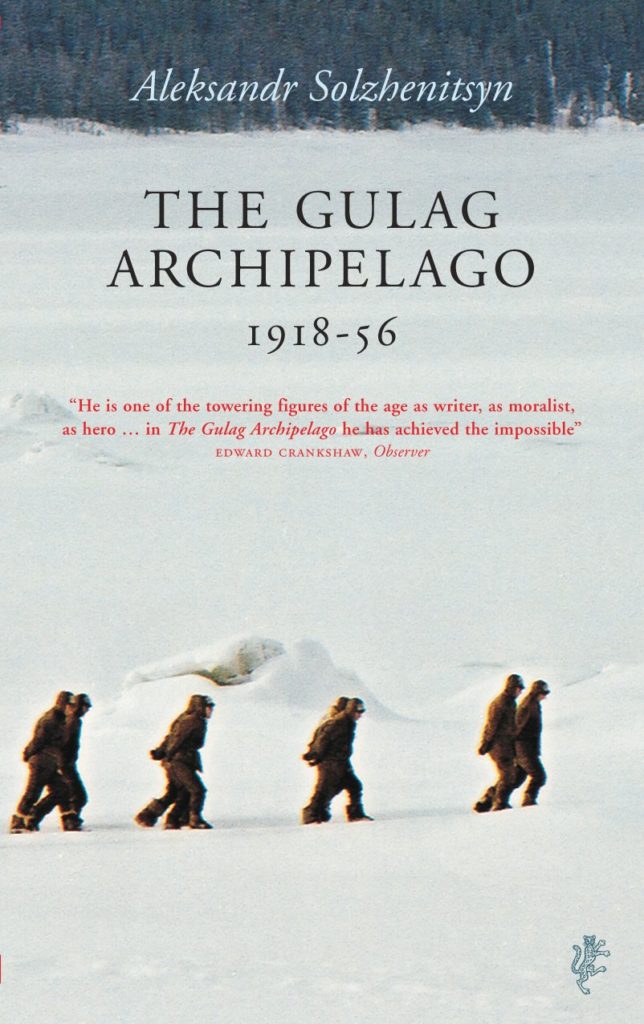The Lord always has a continuing-education program for me. There are so many books I’ve never read (well, who can say otherwise?) that I need to delve into not only for head knowledge but for spiritual growth also. I seek to read resources that will do both. Here’s an update on what He is doing with me currently.

I’ve now completed two-thirds of Dante’s The Divine Comedy. I’ve chosen the Dorothy Sayers translation because of my intense interest in her writings and her close association with C. S. Lewis. In their correspondence, Lewis praises her translation. What I’ve found most significant in Inferno and Purgatory (I’ve recently finished the latter) are her helpful and extensive notes on each canto. Without them, I would have been lost; with them, I come away with an abundance of knowledge and insights. I plan to move on to Paradiso at some point in the not-too-distant future. I love the connection to a writer from the medieval era who seems to have taken his faith seriously.

One of my reading goals for a couple of years has been to study Lewis’s rather formidable tome on English literature in the sixteenth century. I decided that now is the time. Lewis worked on this volume of the Oxford History of English Literature series for many years, and eventually received a sabbatical from Oxford to complete it. I’m only in the introduction, but am already underlining key passages and quotable phrases.
In the very first paragraph, as he offers an overview of the century, he comments on the state of literature in mid-century thusly: “Nothing is light, or tender, or fresh. All the authors write like elderly men. The mid-century is an earnest, heavy-handed, commonplace age: a drab age.” But that changes: “Then, in the last quarter of the century, the unpredictable happens. With startling suddenness we ascend. Fantasy, conceit, paradox, colour, incantation return. Youth returns.”
What I love about Lewis is that even though he is scholarly, he nevertheless communicates in a simple, yet profound way.
Later in the introduction, commenting on the change from the medieval worldview that saw life teeming in the universe to the calculating scientific revolution, he summarizes, “Man with his new powers became rich like Midas but all that he touched had gone dead and cold.” He then provides this salient analysis:
Historians of science or philosophy, and especially if they hold some theory of progress, are naturally interested in seizing those elements of sixteenth-century thought which were later to alter Man’s whole picture of reality. Those other elements which were destined to disappear they tend to treat as mere “survivals” from some earlier and darker age.
The literary historian, on the other hand, is concerned not with those ideas in his period which have since proved fruitful, but with those which seemed important at the time. He must even try to forget his knowledge of what comes after, and see the egg as if he did not know it was going to become a bird. [emphasis added]
This is just a sample of why I love Lewis’s writing and why I look forward to many weeks of slowly savoring what he offers in this book.

A third valuable resource I’ve often wanted to read (but admittedly reluctant to do so due to its length) is Aleksandr Solzhenitsyn’s The Gulag Archipelago, the deeply disturbing account of the Soviet prison system from which Hitler gleaned a lot of nefarious ideas. I’ve always admired Solzhenitsyn’s honesty and recognition of the need for man to connect with God and how the Soviets sought to crush Christian faith. In his years of exile outside of the USSR, he was just as pointed about Western Civilization’s rejection of God and the dire consequences of that rejection.
I haven’t gone far into this book yet, but even in the first couple of chapters, I am often transfixed by his wording. It’s almost as if I’m reading prose poetry. “A submissive sheep is a find for a wolf,” he sadly notes when writing of how the people allowed themselves to be fed into the prisons or to be led to execution. Religion, in particular, had to be destroyed. He describes the persecution—but also those who stood firm against it:
Monks and nuns, whose black habits had been a distinctive feature of Old Russian life, were intensively rounded up on every hand, placed under arrest, and sent into exile.
They arrested and sentenced active laymen. The circles kept getting bigger, as they raked in ordinary believers as well, old people, and particularly women, who were the most stubborn believers of all and who, for many long years to come, would be called “nuns” in transit prisons and in camps. [emphasis added]
This will not be a “fun” read, but it will be significant.
Dante through the eyes of Dorothy Sayers, English literature explained expertly and winsomely by C. S. Lewis, and the Soviet state’s war on its own people and their faith as seen by Aleksandr Solzhenitsyn, a survivor of the Gulag, will keep me busy for many months—and I relish this opportunity for growth.
